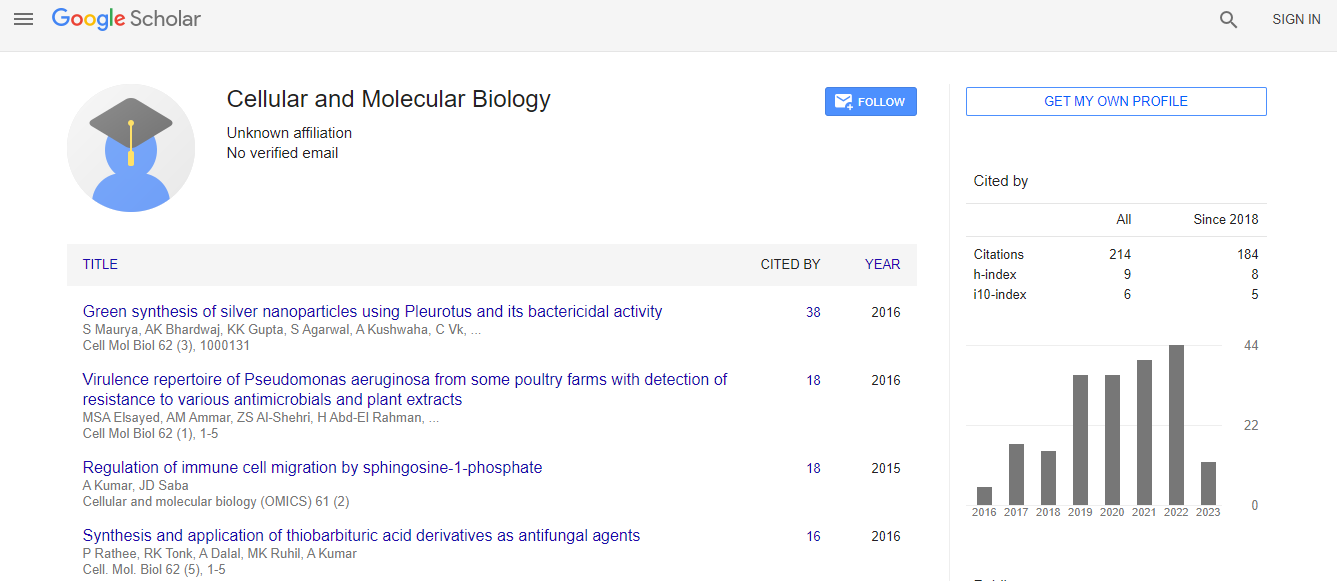Research Article
Isolation and In vitro Validation of Cardiac Muscle-Specific Promoters in Pigs
Sangsu Shin1,2#, Jinsoo Ahn1,3#, Yeunsu Suh1, Steven J. Moeller1, Seongsoo Hwang1, 4* and Kichoon Lee1,3*
1Department of Animal Sciences, The Ohio State University, Columbus, OH 43210, USA
2Department of Animal Biotechnology, Kyungpook National University, Sangju, Gyeongbuk 37224, Republic of Korea
3The Ohio State University Interdisciplinary Ph.D. Program in Nutrition, The Ohio State University, Columbus, OH 43210, USA
4Animal Biotechnology Division, National Institute of Animal Science, RDA, Wanju-gun, Jeonbuk 55365, Republic of Korea
- *Corresponding Author:
- Seongsoo Hwang
Animal Biotechnology Division, National
Institute of Animal Science, Republic of Korea
Tel: +82-63-238-7253
Fax: +82-63-238-7297
E-mail: hwangss@korea.kr
Kichoon Lee
Department of Animal Sciences
The Ohio State University, Columbus, OH 43210, USA
Tel: 614-688-7963
Fax: 614-292-2929
E-mail: lee.2626@osu.edu
Received date: April 23, 2016; Accepted date: May 10, 2016; Published date: May 15, 2016
Citation: Shin S, Ahn J, Suh Y, Moeller SJ, Hwang S, et al. (2016) Isolation and In vitro Validation of Cardiac Muscle-Specific Promoters in Pigs. Cell Mol Biol 62:123. doi: 10.4172/1165-158X.1000123
Copyright: © 2016 Shin S, et al. This is an open-access article distributed under the terms of the Creative Commons Attribution License, which permits unrestricted use, distribution, and reproduction in any medium, provided the original author and source are credited.

 Spanish
Spanish  Chinese
Chinese  Russian
Russian  German
German  French
French  Japanese
Japanese  Portuguese
Portuguese  Hindi
Hindi 
